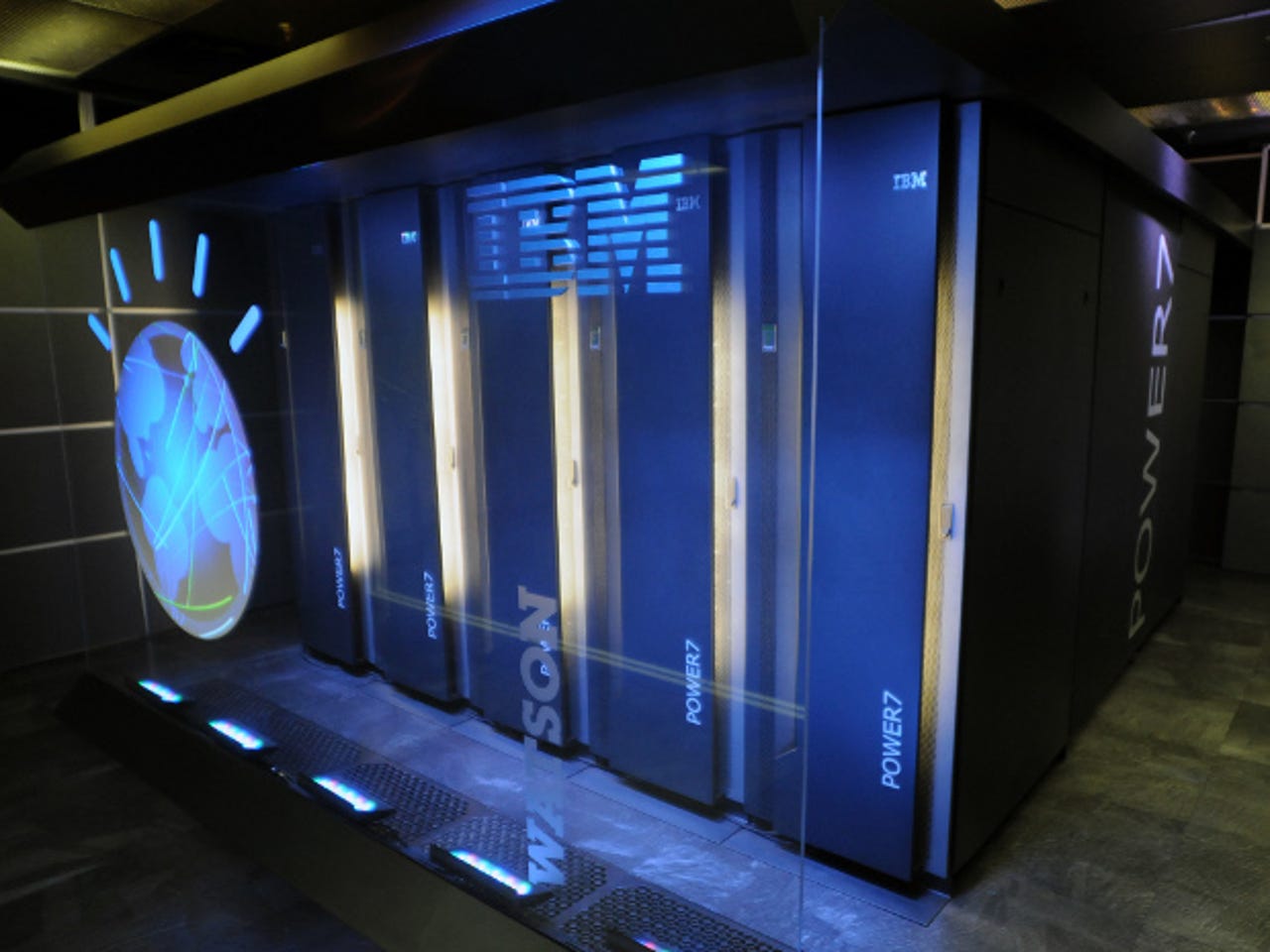IBM Watson's next big challenge: Filing your taxes


IBM's Watson supercomputer will allow KPMG to apply cognitive computing to its services.
KPMG is set to apply IBM Watson machine learning, artificial intelligence, and cognitive computing techniques in order to improve its services via the use of mass data analysis.
Many of KPMG's tax, auditing, advisory, and other professional services rely heavily on making correct judgements and through deploying the cognitive computing power of IBM Watson, the firm believes it has the opportunity transform how it does business.
"The cognitive era has arrived," says Lynne Doughtie, KPMG chairman and CEO.
"KPMG's use of IBM Watson technology will help advance our team's ability to analyze and act on the core financial and operational data so central to the health of organizations and the capital markets," he continues, adding how "the potential for cognitive and related technologies to help us pursue new business offerings is extraordinary".
Watson has the ability to continuously learn by gathering insight from previous interactions the service has encountered, and IBM hopes this commercialization of artificial intelligence will benefit many industries.
One of the ways IBM's cognitive computing power will be deployed by KPMG is to analyse large volumes of structured and unstructured financial data of client organisations, as the system learns to fine-tune assessments over time. That in turn will enable auditing teams to have quicker access to more precise measurements, allowing them to provide improved services to clients.
Ultimately, the cognitive technology has the potential to allow much larger percentages of data to be analysed, while also providing additional insights around the possibilities of risk and other related information.
"Auditing and similar knowledge services are increasingly challenged with tackling immense volumes of unstructured data. Cognitive technologies such as Watson can transform how this data is understood and how critical decisions are made," says John Kelly, senior vice president of cognitive solutions at IBM Research.
"By applying Watson, KPMG is taking a forward-looking approach to extending its expertise, helping professionals and clients gain new insights from critical enterprise information," he adds.
In addition to its commercialized artificial intelligence division for industry, IBM also runs a Watson division dedicated to health, which is designed to deliver personal insights and improved patient care, and a Watson division focused on IoT, which helps organisations make sense of data generated from the billions of connected devices operating in the world today.
Read more about IBM Watson
- CES 2016: IBM bringing Watson's brainpower to SoftBank's Pepper robot
- IBM's Watson-powered wellness app with Pathway Genomics enters alpha release
- IBM snags new European clients for Watson supercomputer